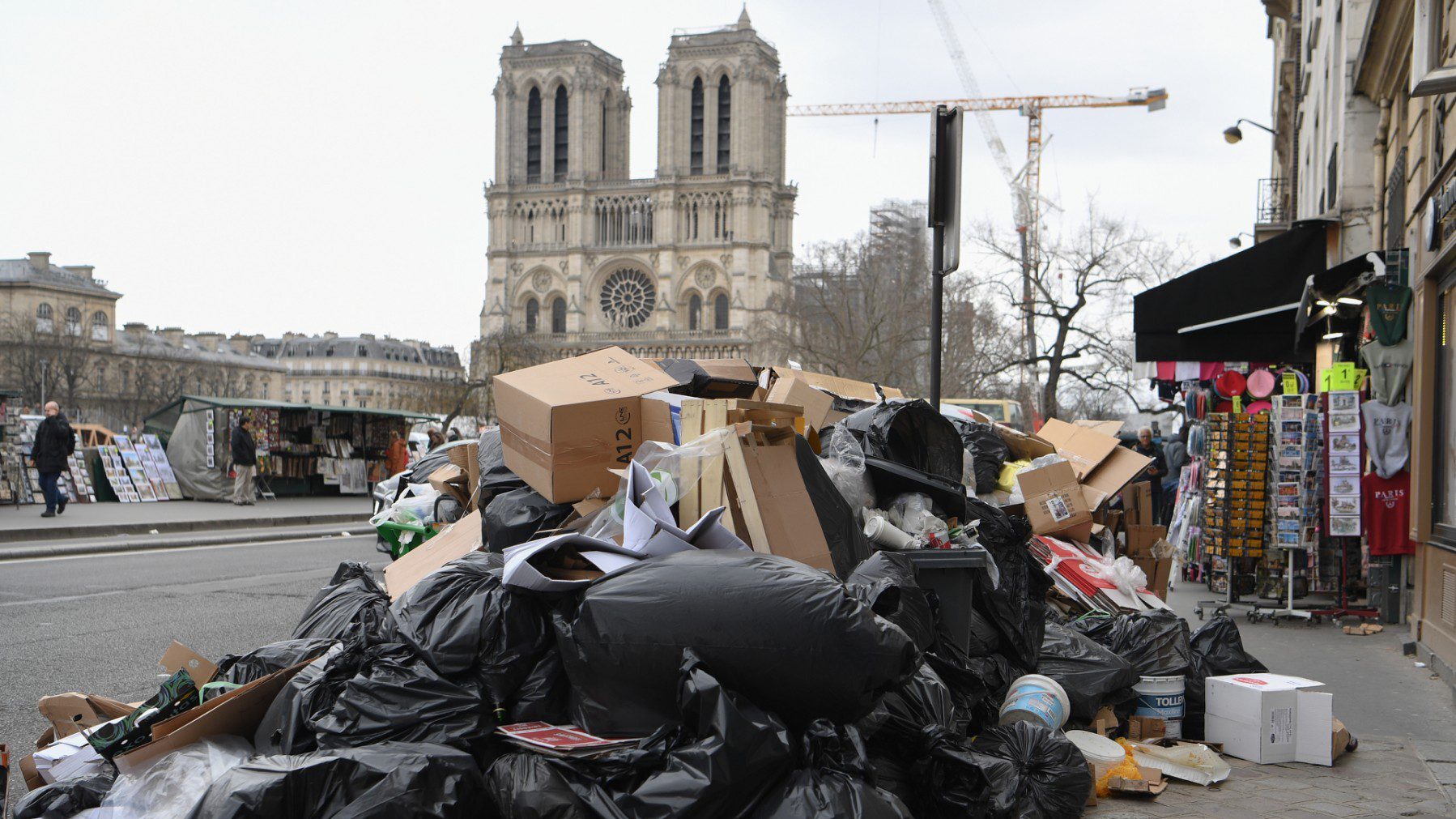
Rubbish Strike Back in Paris
The strikers claimed their intention to “turn the streets of Paris into a public dump until the pension reform is withdrawn.”

The strikers claimed their intention to “turn the streets of Paris into a public dump until the pension reform is withdrawn.”
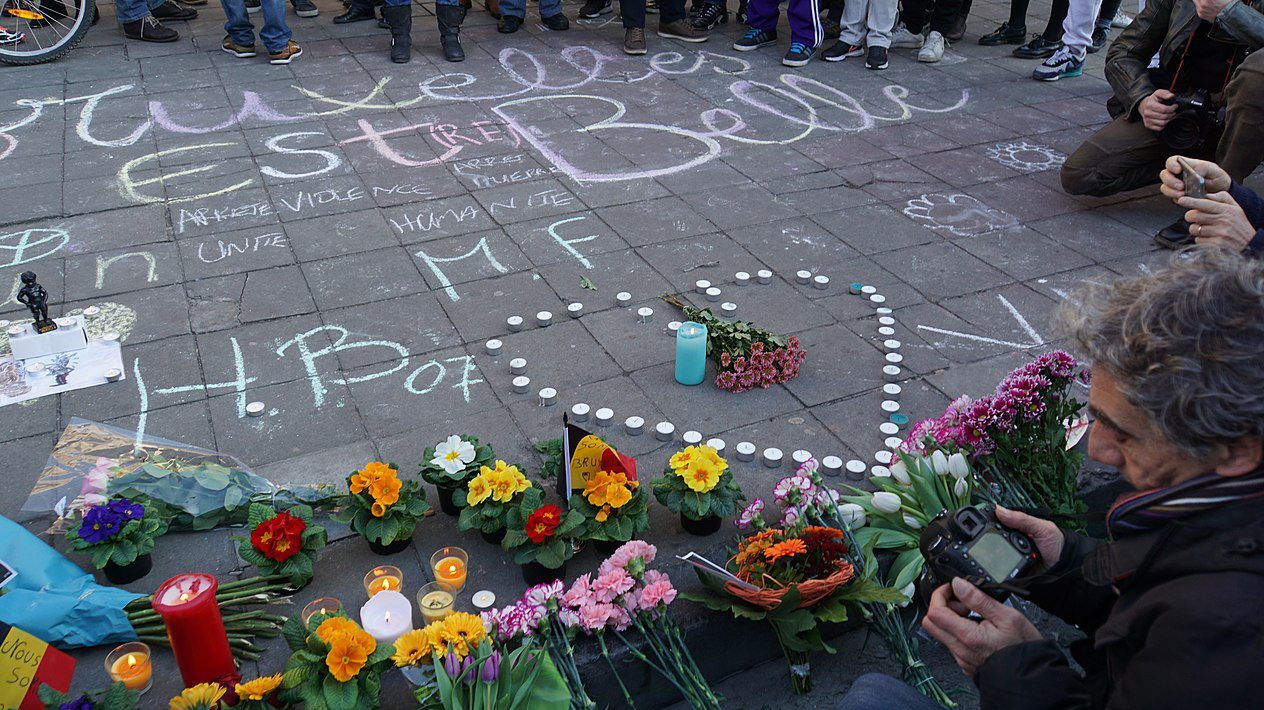
The primary suspect in the case, Salah Abdeslam, aged 33, claims he had already been arrested before the planning of the Brussels bombings took place.

The results are unanimous, regardless of the political stripe of the arrondissement, Right or Left: scooters have been voted out.
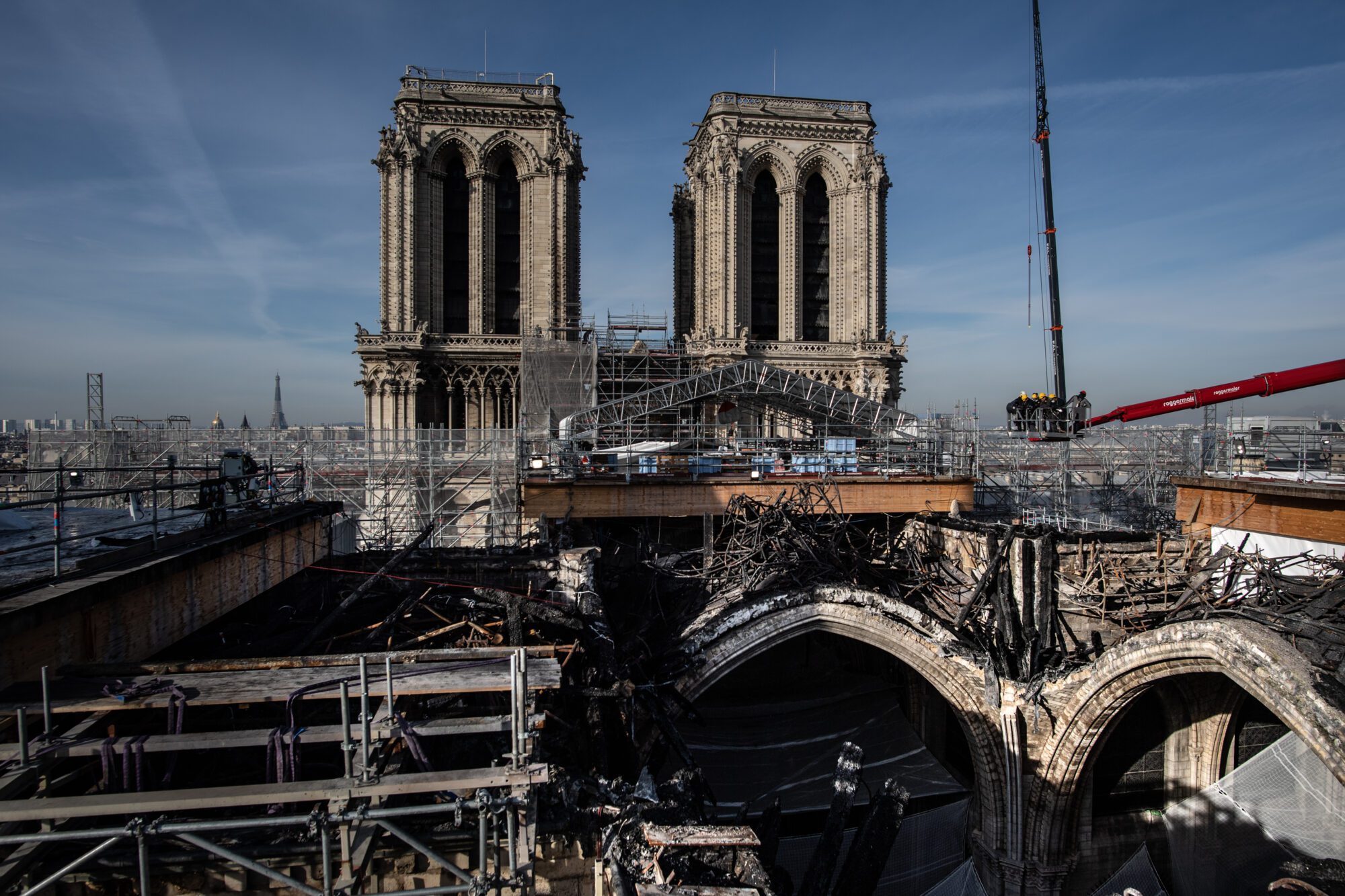
The restoration work will have been an undertaking on a totally unprecedented scale—a material experience, but also a spiritual one, of which our contemporary era offers few examples.
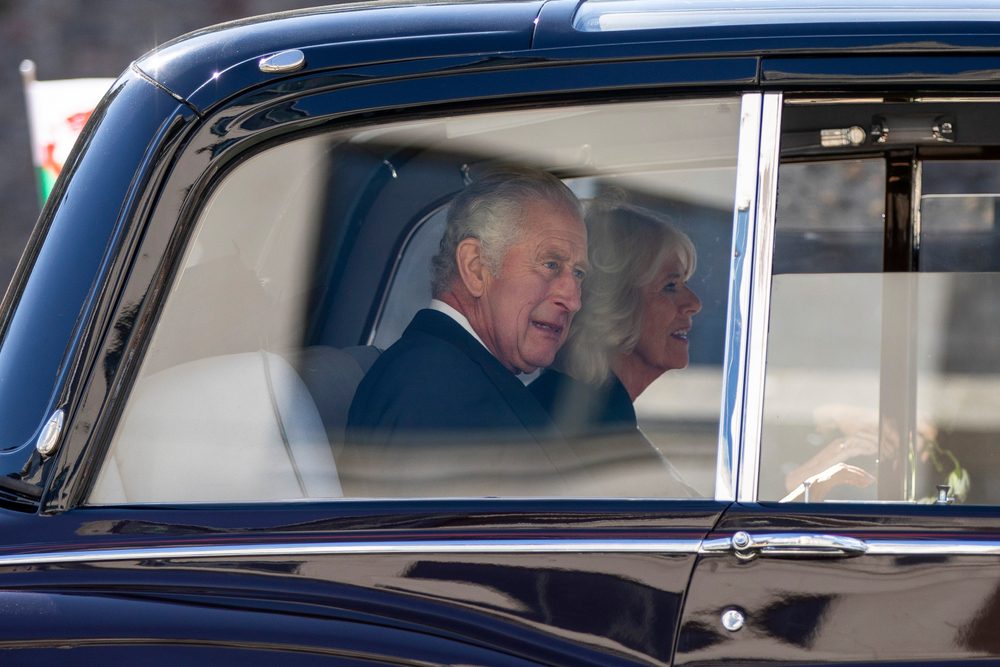
Beyond the organisational frustrations, the optics of the king’s reception and the almost revolutionary atmosphere in France contributed to the cancellation.

Gisèle Halimi fits in quite perfectly with the progressive political agenda, uniting the feminist with the decolonial struggle: an excellent marker of the political neuroses of our time.

Hidalgo’s obstinacy in not disclosing the requested documents has fostered the animosity of Parisians towards her and reinforced her image as a public figure who believes herself to be above the law.
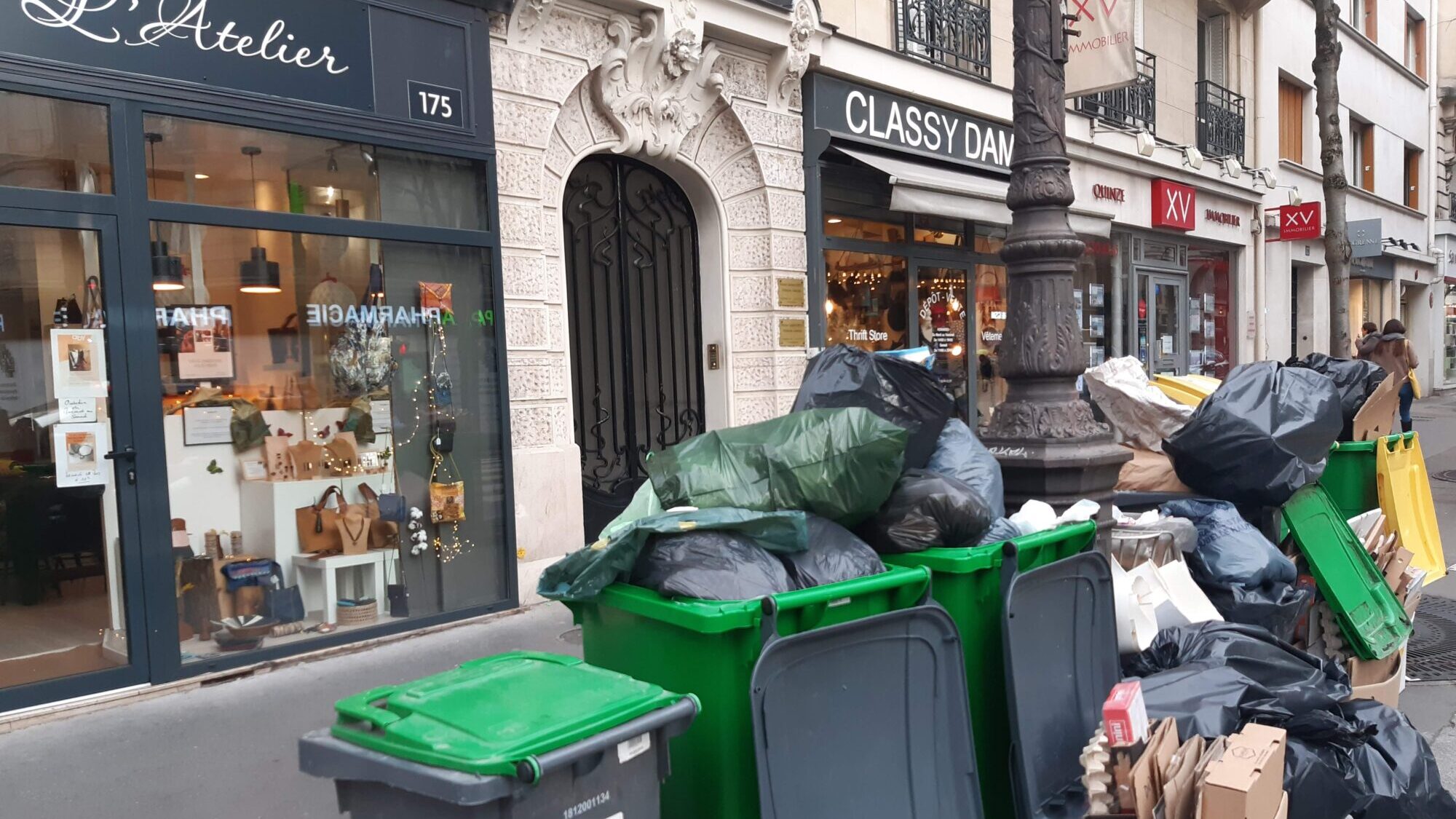
Paris mayor Anne Hidalgo is refusing to act. She and her team are blaming the government and its pension reform for the current situation, which she intends to encourage.

The bakers are calling for an emergency tariff shield, valid for all. Others give a more political tone to their protest and question the European common market of electricity.

For the organizers of the movement, the challenge is to encourage politicians to think differently, and to refuse to encourage the culture of death by instead developing alternative policies that respect life and the dignity of the human person.